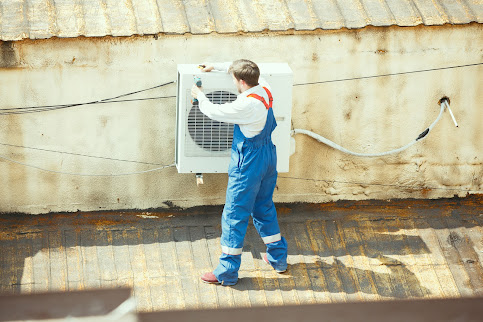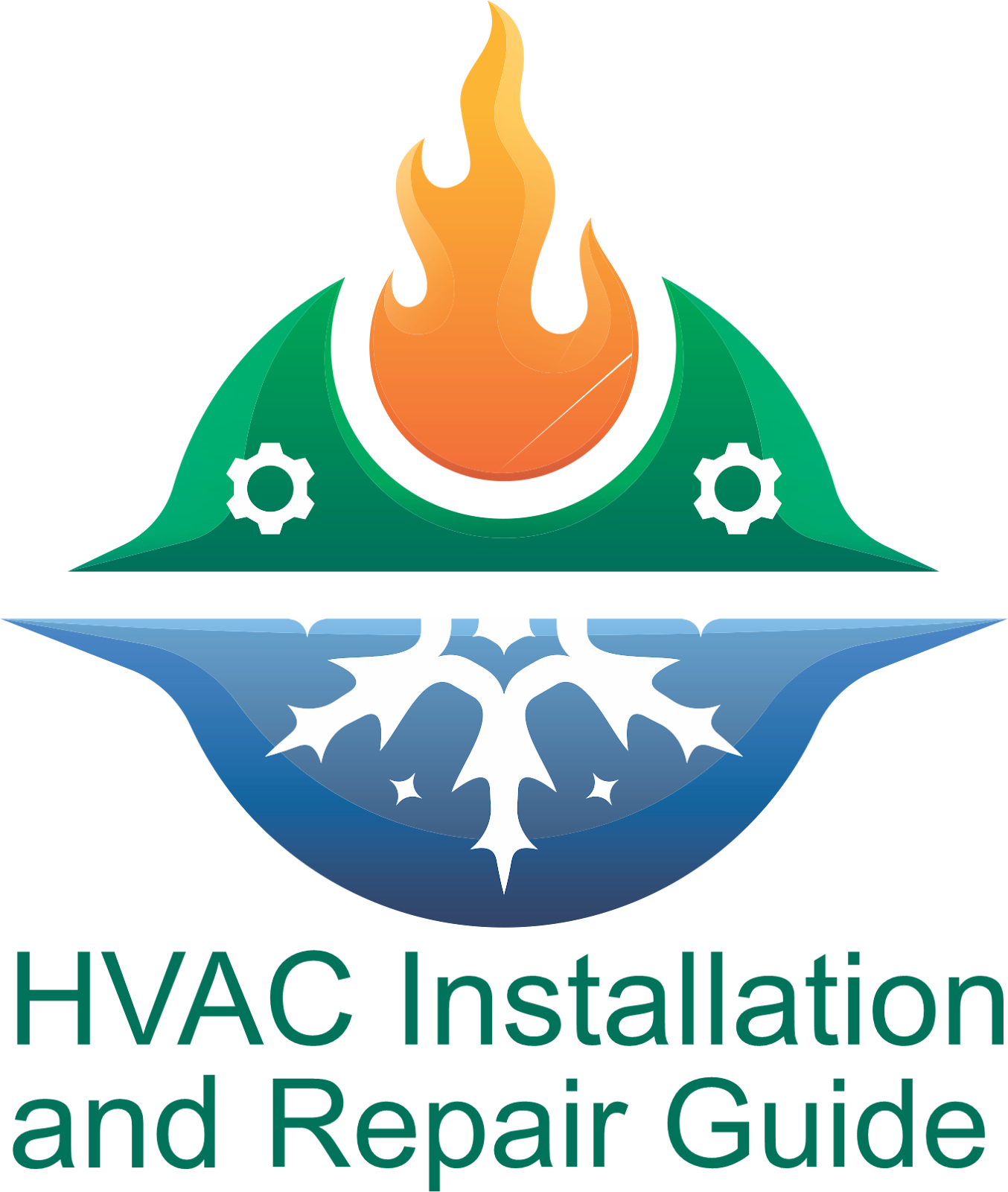Is Water Leaking From Your Air Conditioners? Here Are Eight Possible Solutions
An air conditioner removes heat and humidity from the air to keep your home cool and pleasant. Condensate, or water, is produced in your furnace or air handler as the air conditioner removes humidity from the air. Normally, this water is pumped to a drain pan and piped into your home's drainage system. Unfortunately, a problem or a buildup of sludge might make the piping clogged. When this occurs, water flows back into your furnace's or air handler's drain pan. Then, it can seep into your house. If your furnace or air handler is situated in the attic or above a finished ceiling, this is especially problematic.
1. A Blocked Condensate Drain
Water condenses on the cold metal surface of the evaporator coil when hot, humid air passes over it. In the furnace or air handler, the water eventually drains into a basin located beneath the interior coil. Before the pan is completely filled, the condensate runs out of it and into the drain piping as the cooling cycle takes place.
2. Disconnected Drain Line
The connection between the drain line and the drain pan could become loose or disconnected, albeit this is not very usual. When changing the air filter or working close to the device, this can be the reason. In the event that the drain line separates from the pan, AC leaks may happen. Whether the drain line is still attached to the coil drain pan, check your AC to see if it is. If it is no longer connected, we advise contacting an HVAC specialist right away to fix the problem. Call HVAC Installation and Repair Guide Service Experts right now to schedule a visit.
 |
| Air Conditioner Repair |
3. A Broken Condensate Pump
4. A dirty or damaged evaporator coil
5. Low Level of Refrigerant
The refrigerant level may be low as a result of a leak if you discover one and the air conditioner isn't chilling as it should. Refrigerant, which is used by air conditioners to produce cool air, must be checked frequently as part of seasonal maintenance to ensure the longevity of your appliance. The evaporator coils could freeze over and overflow the drain pan when they defrost if there is insufficient refrigerant. Contrary to popular belief, your air conditioner doesn't need to be refilled unless there is a leak. Since the system is sealed, recharging is only required when a leak manifests itself. To quickly fix AC refrigerant problems, contact HVAC Installation and Repair Guide Service Experts as soon as you need to.
 |
| HVAC Repair |
6. Unclean Air Filter
To ensure adequate airflow, your air conditioner's filter should be changed frequently. The evaporator coils could freeze if there is insufficient airflow, which would cause them to get excessively chilly. Then, as the evaporator coils defrost, too much water will gather in the drain pan, perhaps resulting in an overflow. Try replacing your air filter to fix this. Sometimes more repairs are the best choice if the issue persists. Fortunately, HVAC specialists from HVAC Installation and Repair Guide Service Experts are here and happy to help, making sure the issue is resolved.
7. It Is Too Cold Outside to Run the AC
In warm weather, air conditioners are designed to be used. If you use your air conditioner while the outside temperature is 60 degrees or lower, the evaporator coils may freeze. The water and ice will defrost and fall off the evaporator coils, possibly causing an overflow because the ice has blocked the drain pan hole. Schedule an HVAC Installation and Repair Guide Service Experts specialist backed by our 100 percent service guarantee* if a water leak continues. They can assist in resolving the issue.
 |
| Heat Pump Repair |
8. A leaky drip pan
Even though air conditioners are built to last, nothing lasts forever. If your air conditioner is 12 years old or older, years of regular usage may have damaged or rusted the drip pan. If the drain pan is pierced with holes, condensate may seep through and cause a leak in the water system. Service Experts from the HVAC Installation and Repair Guide can replace the drain pan and also make sure that your AC works well again.
